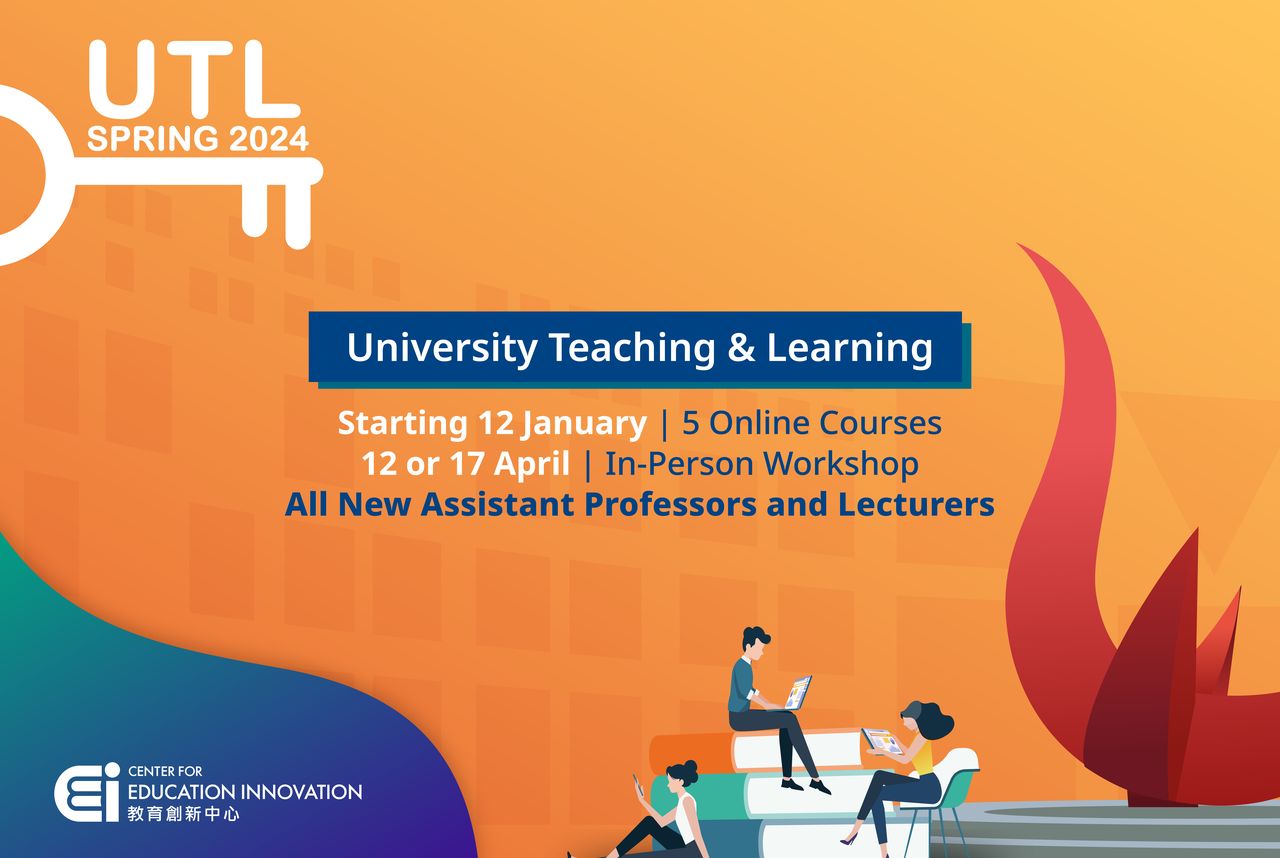Body
Upcoming Events
News
Learner-Centered Course Design

The term learner-centered is akin to "user-centered" focus of a product. If a course is designed in a learner-centered way, it means extensive attention has been given to the needs, interest and skills of our learners when we design our course. As oppose to content-centered course design, where teacher usually works up a list of topic and decides how much time to spend on each, the heart of learner-centered approach is to decide first what students can and should learn in relation to this course, then how to assess students' performance and figured out how such learning can be facilitated. By shifting from content-centered to learner-centered, instructional design becomes learning experience design.


























